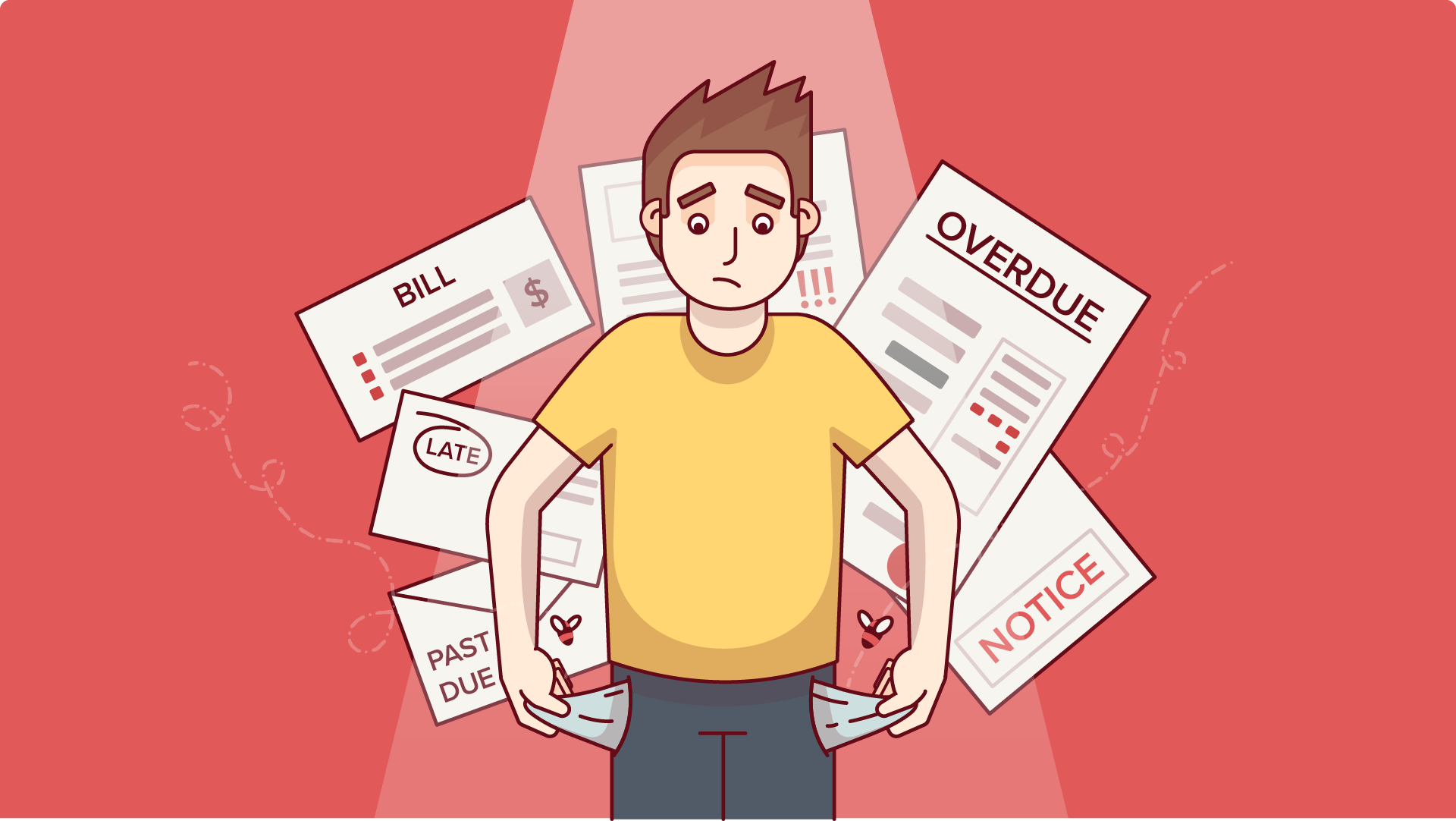How do We Manage Our Founder Flaws?
"I feel like as a Founder I've got to put up a persona of being this perfect leader. Yet, 99% of the thoughts and emotions I'm feeling are my flaws pouring out of every socket. When is it OK for me to be comfortable admitting my flaws?"
December 7th, 2022 | By: Wil Schroter | Tags: Emotional Support
We're all freaked out about sharing our flaws.
We're worried that employees, investors, customers, and just about anyone else will think less of us. Maybe they won't invest, maybe they won't buy our products, or maybe they won't come to work for us.
Sharing our flaws is terrifying. But it's also one of the most liberating things we can do not just as Founders, but as the weirdo humans we all are.
What I've learned over the years is that part of being a CEO is learning how to be comfortable sharing your flaws. In fact, sharing your flaws can actually be extremely helpful to your team because it helps them know that you're human too (which is good news because we all are).
When it comes down to it though, there are a few main reasons why we don't want to share our flaws:
1) We're afraid people will judge us or think less of us if they see our mess-ups.
2) And they'll expect us not to make those same mistakes (or any others) again in the future.
3) They'll lose faith in our leadership and not invest in us (either in capital from investors, or work from our employees).
You're the Founder/CEO of Startups — do you have flaws?
Geez, where do I begin? I've been building startups for nearly 3 decades and I have tons of flaws. I've got massive ADHD (I can't even proofread this sentence without losing focus), terminal pain, crippling anxiety — and I can't dance to save my life.
For a long time, I would have never even considered telling anyone that. But over time I've come to learn, especially among other Founders, that sharing our vulnerabilities has become one of the most honest forms of connection we can have, especially in an era of photoshopped social personas and manufactured egos.
Sharing our flaws builds trust because it's one of the few things in life no one really lies about. It also invites others to engage in an honest place, which is very powerful.

How do I share my flaws without looking like a train wreck?
"I feel like as a Founder I've got to put up a persona of being this ideal leader and don't have any space to not be "perfect."
You are not alone in feeling that way. It's probably why you're here.
What it comes down to is how you define your role. As the leader of a company, you have to lead by example. But that doesn't mean being "perfect" all the time (whatever that is). This means that you have to be authentic and honest with yourself and others about what you're thinking and feeling.
If we take this back to the idea that there are no such things as perfect leaders, then it makes sense that they wouldn't be able to be perfect all the time. This means we will have flaws too (you can't get away from them). However, our mistakes don't make us less qualified or worthy of leading a company — they just mean we're human!
The key is to talk about how we manage our flaws.
A while back I wrote about "How I Harness my Insane Startup Anxiety" which detailed exactly what my flaws looked like and how I'm working to judo move that shit into something I can turn into a superpower.
Not every flaw will become a superpower. Some, like depression, are just a giant challenge that doesn't necessarily lead to a huge benefit. But if we're demonstrating openness to own and manage our flaws, even if it's all cost and no benefit, it shows serious responsibility that people will look for and admire in a leader.

As a Founder, How do I Manage stress and Keep My Mental Health up?
So how do we deal with these feelings? How do we make sure they don’t get in the way of us being effective leaders?
Managing stress is a very important part of the journey as a startup founder.
As the CEO of your company, you need to be able to handle all sorts of situations and keep your cool no matter what happens.
But if you're not careful, too much stress can lead to burnout. Burnout is when you're so tired from work that you can't think straight or manage your emotions anymore. It's like being in a perpetual state of fight or flight mode without any real danger happening in front of you.
Stress comes with the territory of being a founder — it's part of running a business. But there are ways to keep stress levels down and avoid burnout completely.
Here are some tips:
1) Take time off every week (or at least once per month) — This is especially important if you're working on weekends as well as during the weekdays (which most founders do). Your brain needs time off just like any other muscle in your body — otherwise, it gets tired and sick more easily. So take time off each week, even if it's just an hour here and there. Even 15 minutes will help!
2) Get enough sleep — Sleep is very important for brain function and productivity. Some people need more than others, but if you're not getting at least 6 hours per night consistently then it may be worth looking into what's causing this loss of sleep (and fixing it). If you're working on something that isn't directly related to running your company, try waking up earlier so that you can work on it before work or during lunch.
3) Exercise — Exercise releases endorphins which make us feel better overall so it's a great way to reduce stress levels and improve our moods. Exercise also helps increase focus which is essential when running a business as there are many distractions out there!

When should I probably keep my flaws to myself?
Just because being vulnerable is honest doesn't mean it's always appropriate. As leaders, we also have a responsibility to take time to process the consequences of our flaws, and ideally make preparations to manage them, before simply puking them out on social media or at a company lunch.
We have to understand that our flaws are a business challenge like any other, and the folks around us are going to assume we've got a plan for it. Maybe we don't. But it's usually better to present those flaws, or for that matter almost any other challenge in our business when we also have a cogent plan of attack.
It's not our flaws that are the challenge — it's how we handle that challenge that people care about.
In Case You Missed It
The Emotional Cost of Being a Founder. When we talk about building startups, we talk about lots of costs: Staffing costs, the cost of capital, cost per acquisition, and opportunity costs. But we never talk about the biggest cost – the emotional cost.
3 Benefits of Emotional Intelligence for Today’s Business Leaders. Leaders who can recognize their own emotions in relation to how they affect their behavior are better able to control their own impulses and handle change.
Why Do I Feel So Alone? No one ever tells you in the “Starting a Company” brochure that the journey will not only include crippling anxiety, drowning in personal debt, and endless challenges — but also a healthy dose of personal loneliness.
About the Author
Wil Schroter
Wil Schroter is the Founder + CEO @ Startups.com, a startup platform that includes Bizplan, Clarity, Fundable, Launchrock, and Zirtual. He started his first company at age 19 which grew to over $700 million in billings within 5 years (despite his involvement). After that he launched 8 more companies, the last 3 venture backed, to refine his learning of what not to do. He's a seasoned expert at starting companies and a total amateur at everything else.
Related Articles
Unlock Startups Unlimited
Access 20,000+ Startup Experts, 650+ masterclass videos, 1,000+ in-depth guides, and all the software tools you need to launch and grow quickly.
Already a member? Sign in